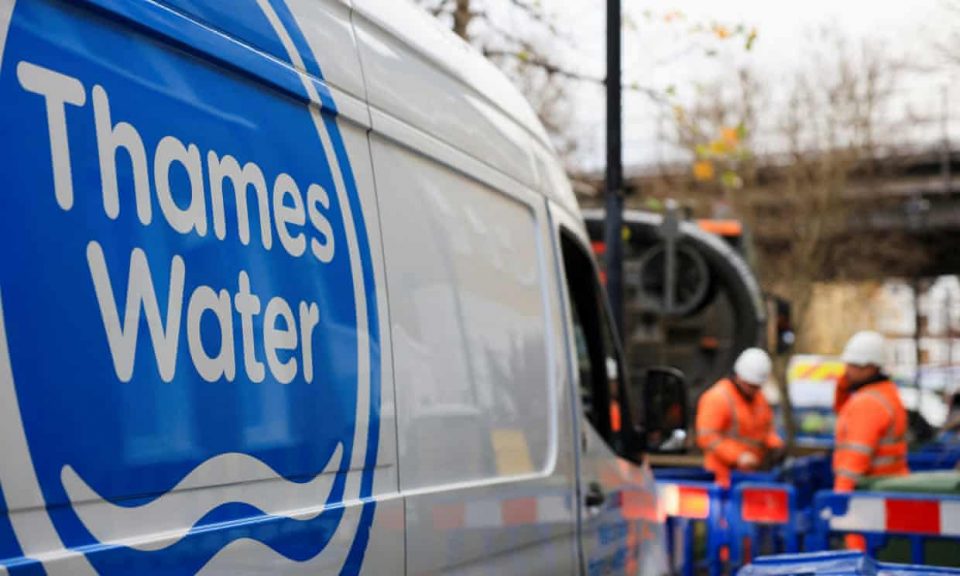A coalition of 30 MPs from the Labour and Green parties has reached out to Ofwat, urging that Thames Water be placed under special measures.
In an open letter addressed to David Black, the regulator’s CEO, the lawmakers expressed their concerns about the looming threat of a costly public bailout. They called for Thames Water to be subjected to a special administration regime (SAR) and to undergo a restructuring process with public oversight.
Recently, Thames Water received permission to pursue a £3 billion loan, which the struggling company indicated was vital for avoiding temporary nationalisation. However, the MPs contend that such a loan would lead to increased costs for consumers, estimating that the 10% interest rate on the £3 billion loan could result in an added burden of about £250 per household over five years to accommodate £800 million in interest payments. Currently, 28% of the bills paid by Thames Water customers go towards servicing debt, a figure expected to rise by 31% this year.
Clive Lewis, the Labour MP for Norwich South and the letter’s initiator, stated: “Thames Water exemplifies the deep-seated problems within the privatized water sector. Allowing a hedge fund bailout would perpetuate a flawed system that prioritizes shareholder profits over customers and environmental well-being. A special administration approach could facilitate significant reform by transferring Thames Water into public ownership, ensuring that the public has a say in the management of this vital resource.”
The letter, which includes signatures from Labour MPs such as Paula Barker, Julia Buckley, Dawn Butler, Kim Johnson, Andy McDonald, and Rachael Maskell, argues that Thames Water’s £15.2 billion debt has arisen from “years of financial mismanagement, excessive dividend payouts, and chronic underinvestment.”
The Labour government has affirmed that it will not place Thames Water into SAR while the company remains viable. It asserts that it is initiating a comprehensive reform of the water industry and its regulatory framework, though nationalisation is not on the table. Lewis and other MPs have suggested that public ownership of water companies should be reconsidered.
The letter concludes with a statement asserting that Thames Water’s financial difficulties and operational failings highlight its inability to enact reforms without external intervention. The SAR is designed to remedy such shortcomings, ensuring that companies function under public scrutiny with a focus on consumer and environmental interests. Transitioning Thames Water into SAR would enable extensive restructuring, establish a national standard for improving the water industry, and rebuild public confidence in regulatory oversight.
Julian Gething, Thames Water’s chief restructuring officer, responded: “Our plan is the only viable solution for stabilizing the business financially. Its approval will not impact customer bills but will free up billions for investment in our infrastructure, addressing pipe issues, enhancing sewage treatment facilities, and ensuring high standards for drinking water.”
Ofwat commented: “It is crucial for Thames Water to undergo a thorough financial and operational rehabilitation. We are actively facilitating this through our oversight regime and the appointment of an independent monitor. The SAR provides a crucial safety net for customers. There are high standards that must be met for an application to be considered for SAR, but we will not hesitate to take necessary actions if conditions warrant it.”


